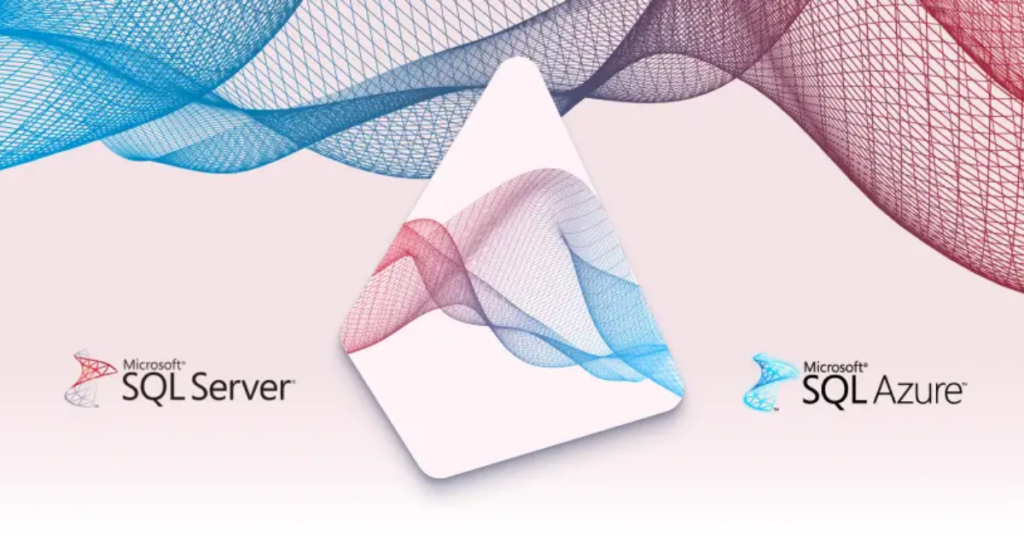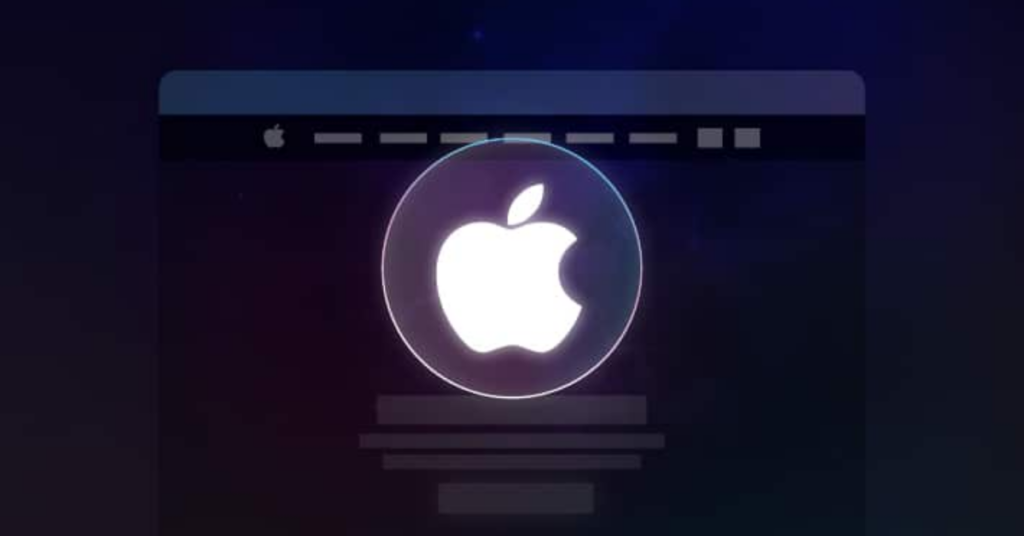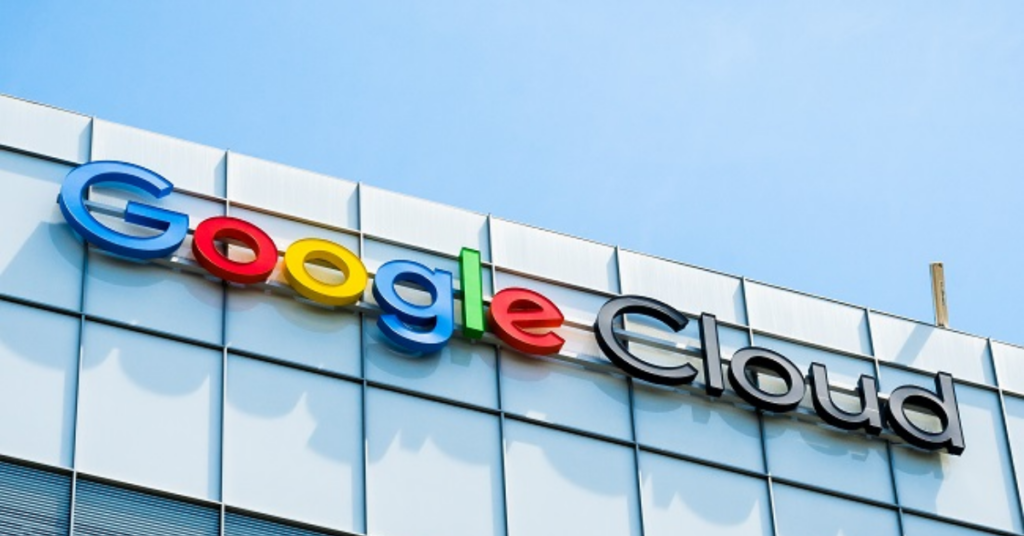The field of generative Artificial Intelligence has reached a critical point, with tech titans Microsoft and OpenAI introducing innovative platforms that enable users to create their own personalized language models. These significant advancements signify a new era in which the innovative capabilities of large language models (LLMs) are no longer limited to the research facilities of major technology companies, but are instead made readily available to enterprises, developers, and innovators.
A huge step forward was the recent release of the Copilot GPT Builder by Microsoft for its premium Copilot Pro service. Users can generate their own customized GPT models with this inventive tool, which can be seamlessly integrated into the Copilot AI chatbot and deployed across both desktop and mobile environments. This action replicates OpenAI’s implementation of its proprietary GPT platform, indicating a distinct inclination towards making these potent generative AI capabilities more accessible to a wider audience.
Dynamic Marketplace and Innovation
Although the Copilot GPT Builder is presently only accessible to Pro customers, its consequences are not confined to this select group of users. The capacity to create and distribute personalized GPTs suggests the rise of a dynamic marketplace, similar to OpenAI’s GPT Store, where creators have the potential to receive payment based on the utilization of their distinct language models. The dynamic ecosystem has the potential to stimulate a wave of innovation, as firms and people utilize the capabilities of LLMs to address their most urgent concerns in new and influential ways.
Simultaneously, OpenAI has introduced its own range of innovations, which includes a more streamlined and economical iteration of GPT-4, along with decreased costs for developers. Significantly, the business has disclosed that ChatGPT, its primary conversational artificial intelligence, currently has an astounding user base of 100 million individuals who engage with it on a weekly basis. The rapid increase in demand for generative AI tools highlights the unquenchable need for these tools to smoothly integrate into workflows and open up new possibilities for creativity and problem-solving.
Crucially, OpenAI’s specialized GPT platform will be reachable via the GPT Store, open to both ChatGPT Plus users and enterprise clients. This hierarchical strategy enables enterprises to effectively utilize the capabilities of Language Model Models (LLMs) for their internal processes, as well as develop and disseminate customized Generative Pre-trained Transformers (GPTs) that can be shared openly or restricted to a private network. The consequences for team cooperation, process optimization, and even new business models are significant.
For some custom software development companies that embrace new technologies and trends at an early stage, the possibility of creating personalized GPTs presents a significant and game-changing prospect. Exclusive GPTs, restricted to a certain group, have the potential to enable teams to optimize workflows, improve information management, and promote collaboration across different functions. However, public GPTs may be a valuable tool for generating new chances, increasing brand recognition, and connecting with a wider audience through creative methods.
The Future of Personalized GPT Platforms
Essentially, the appearance of these personalized GPT platforms from Microsoft and OpenAI signifies the beginning of a new age in generative AI. LLMs, formerly exclusive to IT giants, are now accessible to entrepreneurs, developers, and inventors, allowing them to harness their creative power. This transition has the potential to stimulate a rapid increase in new applications, economic models, and technological advancements that will fundamentally change the way we engage with and utilize artificial intelligence.
Nevertheless, it is crucial to acknowledge that the implementation of this technology at the corporate level has been less rapid than anticipated. To successfully handle the challenges associated with LLM integration, data governance, and appropriate AI implementation, it is necessary to adopt a deliberate and knowledgeable strategy. However, the potential advantages of personalized GPTs are too substantial to overlook, and those who can effectively utilize this capability at an early stage would surely establish a strong position for themselves in the swiftly changing AI field.




